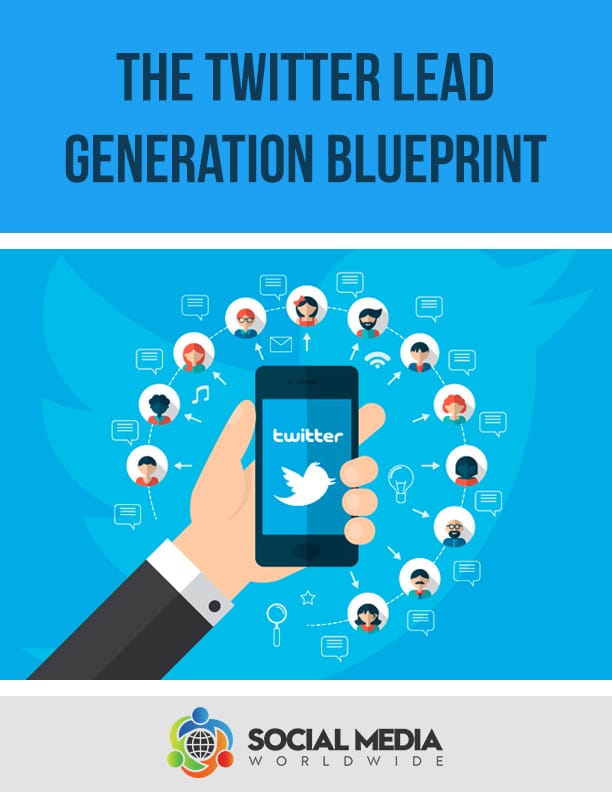The #MeToo and TimesUp movements sparked a long-overdue reckoning on workplace sexual harassment. What began as viral hashtags rapidly transformed into powerful catalysts for legal changes and heightened employee understanding around #MeToo issues.
This blog post explores the evolution of employment law in the wake of these groundbreaking movements. From new legislation to revamped workplace policies, we’ll examine how #MeToo and TimesUp are fundamentally reshaping approaches to sexual harassment claims and prevention.
Understanding #MeToo and TimesUp
The #MeToo and TimesUp movements are powerful forces fighting sexual misconduct and inequality, though they have slightly different goals.
#MeToo Movement
#MeToo, started by Tarana Burke in 2006 and going viral in 2017, aims to create a community supporting survivors of all types of sexual violence. Its motto is “empowerment through empathy.” The ultimate goal is disrupting systems that allow sexual violence to keep happening.
An example of the courage fueled by #MeToo is Jennifer Siebel Newsom, who testified in the rape trial of Hollywood producer Harvey Weinstein despite the potential personal and familial repercussions. Her participation is portrayed as a significant act of courage intended to seek justice and protect others from similar abuse.
Because of brave individuals like her, legislation such as Senate Bill 820 came into existence.
Now in Los Angeles, if a person ever comes across disturbing situations like these in their workplace, they can seek help from a Los Angeles employment attorney and get justice for the harassment or violence they’ve endured.
TimesUp Initiative
TimesUp, founded by celebrities in 2018, has a more specific focus on workplace equality and economic opportunities for women and people of color. While addressing sexual harassment is part of its mission, TimesUp takes a broader approach to ending widespread employment disparities.
Together, these two closely linked movements have sparked major legal reforms, new corporate policies, and an overall societal shift in how we confront sexual misconduct and discrimination at work.
Shattering the Silence on Workplace Harassment
Prior to #MeToo, workplace sexual harassment was often brushed under the rug. However, the 2017 revelations about Harvey Weinstein’s rampant sexual misconduct unleashed a tidal wave of accusations across industries.
Victims felt empowered to speak out using the #MeToo hashtag, exposing harassment’s pervasiveness. Simultaneously, the TimesUp initiative championed workplace equity, spearheading the Time’s Up Legal Defense Fund to support harassment cases.
This widespread dialogue urgently highlighted the need for legal responses to workplace harassment. Both state legislators and corporations took action:
- After #MeToo went viral in late 2017, over 25 states and D.C. passed more than 80 new laws cracking down on workplace harassment. With bipartisan backing, these laws extend time limits for filing claims, ban NDAs that gag victims, and add other key protections against harassment on the job.
- A study by David Boyle and Amanda Cucchiara found that 79% of companies instituted changes to corporate culture due to #MeToo, such as enhanced dialogue, awareness training, and procedural reviews.
The movements galvanized society in confronting harassment’s toxic roots, compelling lawmakers and businesses to reassess their woefully inadequate existing frameworks.
Strengthening Legal Guardrails Against Harassment
So what specific employment law changes have #MeToo and TimesUp ushered in? Here’s an overview:
Stringent Anti-Harassment Policies
Many states have mandated stricter anti-harassment guidelines. For example:
- Laws in New York, California, and Connecticut require employees to undergo yearly sexual harassment training programs and receive anti-harassment policies.
- Illinois mandates yearly policy reviews, with provisions protecting employees’ discussions of unlawful conduct from defamation claims.
Bolstered Protections for Employees
Other reforms empower employees through extended statutes of limitations for filing claims, prohibiting non-disclosure agreements, and unmasking shadowy arbitration processes that suppress allegations.
Public Accountability Measures
Some jurisdictions like Illinois, New York, and California now require the disclosure of sexual harassment statistics and policies. This transparency promotes public accountability.
“While there is still more work to be done, the #MeToo movement has impacted not only workplace policy but society at large.” – Debra Katz, Civil Rights Attorney
The rapid acceleration of new and updated #MeToo employment laws represents a paradigm shift in combating an age-old workplace scourge.
Corporate Culture Changes Fostering Safety
Beyond legal mandates, the #MeToo and TimesUp reckonings compelled many corporations to examine their internal workplace cultures and sexual harassment norms. Some common initiatives were undertaken:
- Adopting robust procedures for reporting, investigating and resolving complaints (56% of companies aimed to welcome feedback across all levels)
- Addressing power dynamics, gender bias, and diversity/inclusion issues that enable harassment (35% of companies)
- Promoting bystander intervention training to embolden co-workers to speak up
- Commissioning external audits of policies/practices to identify gaps and blind spots
While legal reforms set the standard, employees know preventing workplace harassment requires a proactive cultural change, starting with top leadership. Many companies claim to implement #MeToo policies, but turning these reforms into lasting, values-driven change remains challenging due to a lack of genuine commitment.
Persistent Hurdles in the Path Forward
For all the positive strides made thanks to the movements’ impacts, many obstacles remain in achieving true workplace equity:
- Despite strengthened laws, statutes of limitations restrict many older claims from being heard
- Power imbalances and fears of retaliation still deter victims from reporting misconduct internally
- Anti-harassment training efficacy is questioned, with many programs seen as impersonal “check-box” exercises
- Societal myths around harassment persist, complicating investigations and lawsuits
- Backlash and public resistance to #MeToo’s perceived “excesses” threaten continued reforms
Advocates assert more comprehensive solutions are needed blending smarter workplace harassment reforms, trauma-informed investigative practices, and deeply ingrained culture shifts.
Major States’ #MeToo Employment Law Updates
To provide context on the widespread changes, here’s a comparison of key #MeToo policy mandates across influential US states:
| State | Annual Training Required | Policy Distribution Required | Harassment Data Reporting |
| California | Yes | Yes | Select employers |
| New York | Yes | Yes | Select employers |
| Illinois | No | Yes | Select employers |
| Delaware | Yes | Yes | No |
FAQs on #MeToo’s Employment Law Impact
Q: What are the most significant legal changes from #MeToo/TimesUp?
Increased obligations like anti-harassment training, policy distribution, and investigations. Plus extended statutes of limitations and curbed use of NDAs in some states.
Q: How effective are the new workplace harassment policies?
While marking progress, challenges remain in robust policy implementation and fostering the requisite cultural shifts. Ongoing compliance and holistic solutions are key.
Q: Can individuals pursue older harassment claims now?
Possibly, but statutes of limitations complicate cases from years ago, though selected jurisdictions have enacted “revival windows” allowing dated claims to proceed.
A Cultural Reckoning Driving Accountability
When the #MeToo and TimesUp movements exploded in 2017, they supercharged a societal reckoning on sexual misconduct – one with profound implications for employment laws and workplace norms.
From spawning a wave of new anti-harassment legislation to pressuring corporations into proactively combating toxic cultures, the movements’ impacts have reverberated across America.
While challenges remain, #MeToo and TimesUp sparked a long-overdue shift toward accountability and safer workplace dynamics, after decades of harassment being insidiously downplayed or outright silenced.
The work isn’t over. But thanks to these seismic movements, the path forward in dismantling harassment and egregious power imbalances is finally being illuminated.



Recent Comments